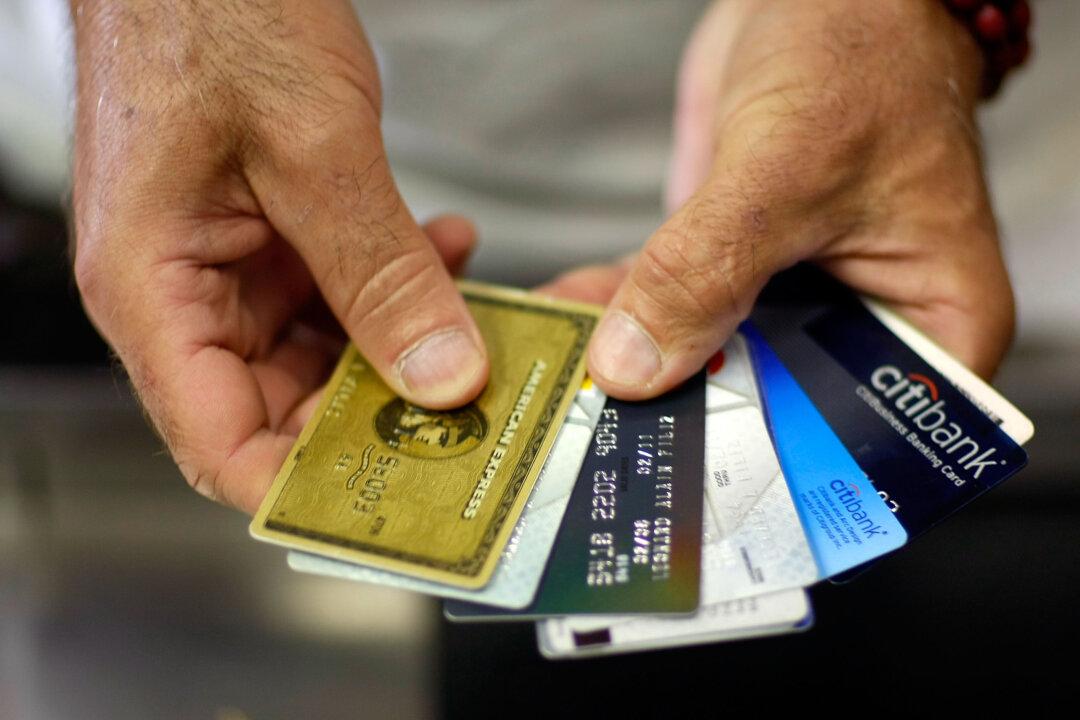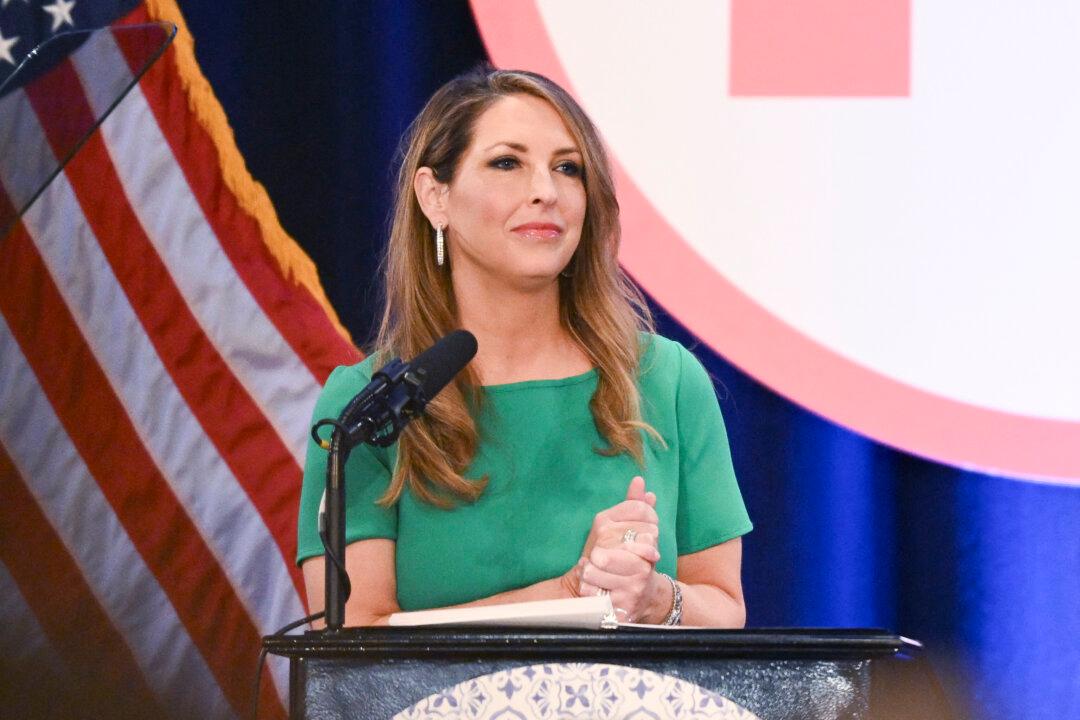Credit card delinquencies increased almost 60 percent in 2023 as total household debt and credit developments reached $17.5 trillion, data from the Federal Reserve Bank of New York show.
Of the $1.129 trillion credit card debt reported at the end of 2023, 6.36 percent has fallen into “serious delinquency,” which is defined as 90 days or more past due.





